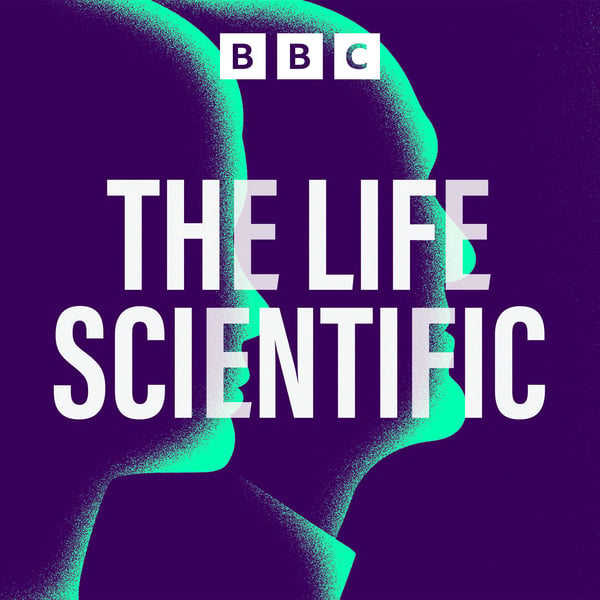Peter Stott on climate change deniers and Italian inspiration
The Life Scientific
BBC
4.6 • 1.4K Ratings
🗓️ 10 September 2024
⏱️ 29 minutes
🧾️ Download transcript
Summary
In the summer of 2003, Europe experienced its most intense heatwave on record - one that saw more than 70,000 people lose their lives. Experiencing the effects whilst on holiday in Tuscany, climate scientist Peter Stott was struck by the idea that just maybe, he could use a modelling system developed by his team at the UK’s Met Office Hadley Centre, to study extreme weather events such as this very heatwave mathematically; and figure out the extent to which human influences were increasing their probability.
That’s exactly what he went on to do - and, through this work and more, Peter has helped to shine a light on the causes and effects of climate change. His career, predominantly at the Met Office Hadley Centre, has seen him take on climate change sceptics and explain the intricacies of greenhouse gas emissions to global leaders. His work with the Intergovernmental Panel on Climate Change even earned him a share of the 2007 Nobel Peace Prize.
But the biggest challenge remains: Peter talks to Jim Al-Khalili about whether humanity can adapt quickly enough to deal with the increasingly dangerous effects of our warming world...
Presented by Jim Al-Khalili Produced by Lucy Taylor
Transcript
Click on a timestamp to play from that location
| 0:00.0 | Before this BBC podcast kicks off, I'd like to tell you about some others you might enjoy. |
| 0:05.0 | My name's Will Wilkin and I Commission Music Podcast for the BBC. |
| 0:08.0 | It's a really cool job, but every day we get to tell the incredible stories behind songs, moments and movements, |
| 0:14.7 | stories of struggle and success, rises and falls, the funny, the ridiculous. |
| 0:19.1 | And the BBC's position at the heart of British music means we can tell those stories like no one else. |
| 0:24.6 | We were, are and always will be right there at the center of the narrative. |
| 0:28.6 | So whether you want an insightful take on music right now or a nostalgic deep dive into some of the most famous and |
| 0:34.4 | infamous moments in music check out the music podcasts on BBC Sounds. |
| 0:38.6 | BBC Sounds music radio podcasts. |
| 0:43.6 | Hello and welcome to the podcast edition of the Life Scientific. |
| 0:47.0 | I'm Jim Alcalie and this is the show where I get to talk with some of the world's |
| 0:50.6 | leading scientists and you get to find out what drives them. |
| 0:54.1 | So sit back, get comfortable and enjoy the episode. |
| 0:57.7 | Picture the scene, it's summer of 2003 and Europe is experiencing its most intense heat wave on record. |
| 1:05.0 | I remember it well. I was on holiday with my family in France and suffered mild heat stroke. |
| 1:09.6 | Elsewhere, as the sun sets on a small village in Tuscany, another British holidaymaker is braving the cooler evening |
| 1:16.4 | temperatures to enjoy a glass of wine on the piazza with his wife, and proving that |
| 1:20.9 | scientists are never really off duty, |
| 1:23.2 | it was at that very moment that climate scientist Peter Stott |
| 1:27.0 | had the spark of an idea. |
| 1:28.8 | He realized that using complex climate models developed by his team at the UK's Met Office Hadley |
| 1:34.1 | Center he might be able to study a single extreme weather event such as this very |
... |
Please login to see the full transcript.
Disclaimer: The podcast and artwork embedded on this page are from BBC, and are the property of its owner and not affiliated with or endorsed by Tapesearch.
Generated transcripts are the property of BBC and are distributed freely under the Fair Use doctrine. Transcripts generated by Tapesearch are not guaranteed to be accurate.
Copyright © Tapesearch 2025.

